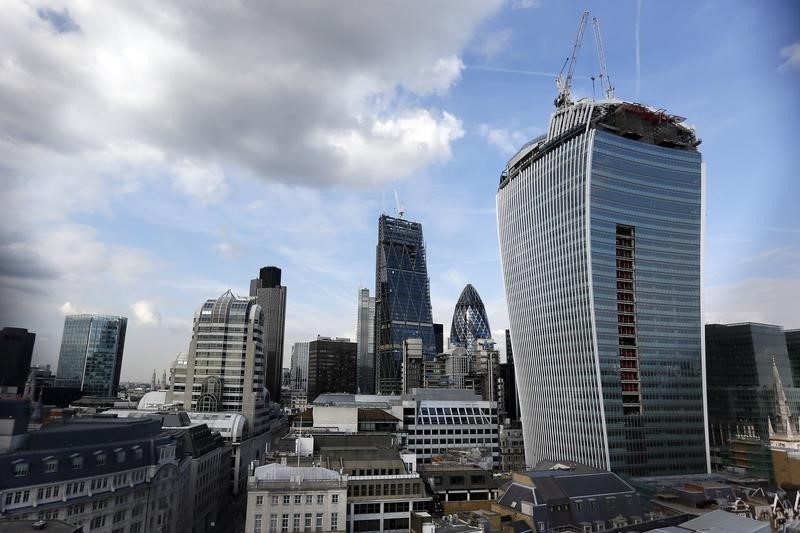By Claire Milhench
LONDON (Reuters) - British fund managers raised their U.S. and euro zone equity exposure in February, a Reuters monthly poll showed on Tuesday, but some expressed concerns about growing European political risk given the turbulent French election campaign.
The survey of 13 UK-based wealth managers and chief investment officers was carried out between Feb. 13-27, a period in which some polls have shown far-right French presidential candidate Marine Le Pen narrowing the gap with centrist rival Emmanuel Macron and conservative Francois Fillon.
But markets remained in bullish mood, with European stocks (FTEU3) set to end the month up about 2.4 percent, whilst U.S. equities (SPX) (DJI) have roared to record highs fuelled by U.S. President Donald Trump's promises of tax cuts and higher spending.
"The financial markets have continued to be manipulated by the Trump trade or 'Trumponomics'," said Peter Lowman, chief investment officer at wealth manager Investment Quorum. He added that global equities remained better value than bonds but were less attractive than they once were.
In their global equity portfolios, investors raised their U.S. and euro zone stock holdings to the highest levels since October 2016. U.S. equities edged up to 33.1 percent from 32.8 percent in January, whilst euro zone equities rose to 14.2 percent from 13.5 percent.
Overall, the equity allocation was unchanged at 47.4 percent of investors' global balanced portfolios, after hitting an eight-month high in January.
"With business confidence picking up in major economies and policy staying loose despite the upturn in inflation, we remain overweight equities," said Trevor Greetham, head of multi-asset at Royal London Asset Management.
However, he has been selling European equities, taking the view that these are not pricing in sufficient political risk, despite the rise in peripheral bond market yields.
European bond markets have been hit by investor jitters around the French presidential elections, where a victory for Le Pen could pave the way for a referendum on whether to leave the European Union.
As France is an EU founder member, this could create a bigger political earthquake than that triggered by Britain's vote to leave.
Although poll participants were not currently positioning for EU break-up risk, Ryan Boothroyd, an analyst in the multi-asset team at Henderson Global Investors, said the key risk was if independent candidate Macron failed to make it to the second round, leaving Le Pen to face a weaker candidate.
Fillon, the early favourite, has been hit by a financial scandal. "Our base case is that Emmanuel Macron will emerge victorious," Boothroyd said. "However, the margin for error remains relatively high."
Mark Robinson, chief investment officer at Bordier & Cie (UK), also urged caution, pointing out that in some areas stockmarket valuations seemed increasingly "priced for perfection" on the corporate earnings front.
"There is a risk that markets continue to ignore the several trip wires laid out in front of them and complacency reaches a point where even a modest political or economic hiccup has a magnified effect," he warned.
